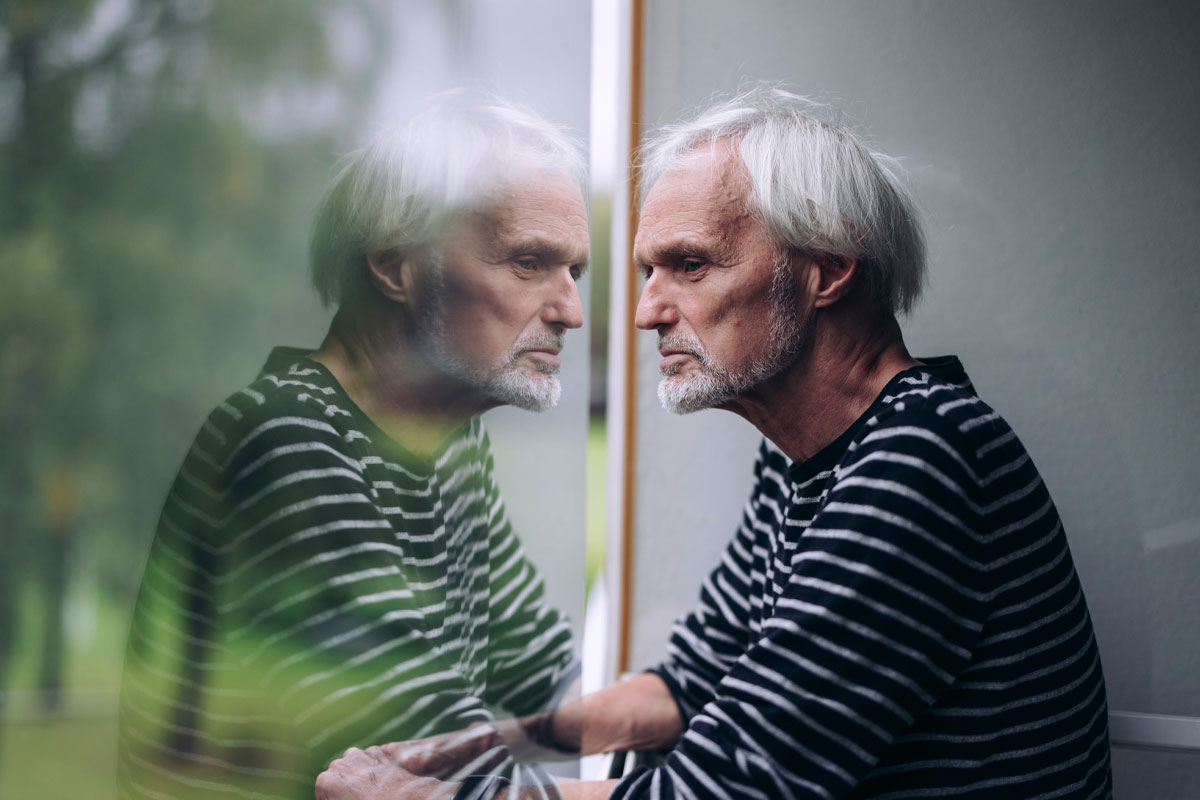
Chronic cancer
Cancer cannot always be cured permanently, but the spread of the disease can be stopped or slowed down. This is called chronic cancer. Chronic cancer can progress very slowly or remain unchanged.
Living with chronic cancer
With the right medication and monitoring, a person with incurable cancer can live with it for years, even decades. As treatments have developed, certain cancers have increasingly become chronic, meaning that people can live with cancer for a long time. These cancers include lung cancer, ovarian cancer, certain leukaemias and lymphomas. Recurrent breast cancer or prostate cancer can also become chronic cancer.
Chronic cancers can either be in remission, meaning that they stay unchanged, or they may grow slowly. Some cancers, such as ovarian cancer, are characterised by a cycle in which the cancer grows, shrinks and stabilises again and again.
Chronic cancers are treated in many different ways
Treatment aims to reduce the symptoms of the cancer and prevent it from spreading. Treatment for chronic cancer depends on the type of cancer. It is often controlled with chemotherapy, hormone therapy or other anti-cancer drugs, such as targeted drugs. A person with advanced chronic cancer may also need radiotherapy.
It is very important to carefully weigh up the benefits and harms of treatment for someone with advanced cancer, as treatment is often long-term and advanced cancer can cause a decline in overall health. The aim of treatment is not to eradicate tumours but to stop the disease from progressing and to relieve symptoms. The disease is usually monitored every 3-6 months.
Living with chronic cancer can feel emotionally overwhelming because it is impossible to know how long the treatments will work. You may need psychosocial support to help you adjust to your new life situation, as well as support with rehabilitation and getting back into everyday life.
A person with chronic cancer may suffer from cancer pain, fatigue, nausea and often the side effects of treatment. But people with chronic cancer are usually able to lead a normal life. If the cancer progresses, terminal care may be needed.